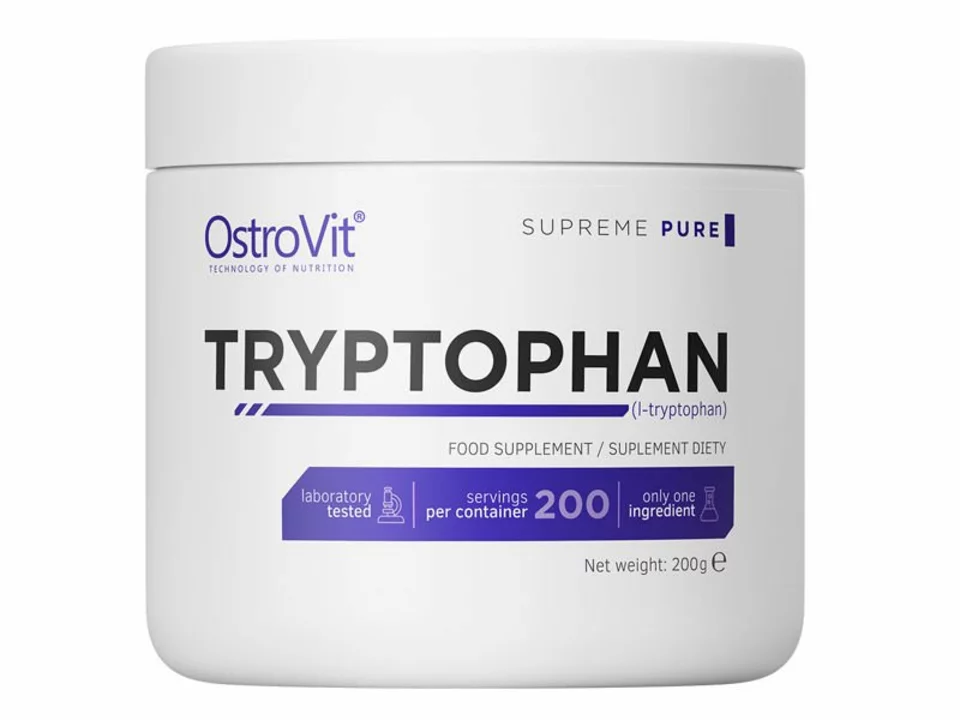Alpha-Alanine: What It Is and Why You Should Care
Alpha-alanine (often called L‑alanine) is one of the 20 standard amino acids your body uses to build proteins. It’s non-essential, meaning your body can make it, but you also get it from food. That makes it quietly important: alanine helps with muscle energy, supports glucose regulation through the glucose-alanine cycle, and plays a role in making other compounds your body needs.
Confused by similar names? You’re not alone. Alpha-alanine is different from beta-alanine — they sound alike but act differently. Beta-alanine shows up in sports supplements because it raises carnosine in muscles and can delay fatigue. Alpha-alanine doesn’t do that, so most performance supplements use beta-alanine, not alpha.
Alpha-alanine vs beta-alanine: know the difference
Think of alpha-alanine as part of protein building and basic metabolism, while beta-alanine is a performance ingredient. If you search for "alanine" online, check whether the article means L‑alanine (alpha) or beta‑alanine. Mixing them up leads to wrong expectations: taking alpha-alanine won’t give the same muscle endurance boost that beta-alanine can.
Alpha-alanine participates in the glucose-alanine cycle: when muscles break down amino acids for energy, alanine carries nitrogen to the liver where it helps make glucose. That keeps blood sugar steady during fasting or long exercise. It’s a subtle but useful role — not flashy, but practical.
Food sources, dosing, and safety
Most people get enough alpha-alanine from food. Good sources include meat, poultry, fish, eggs, dairy, and plant proteins like soy and legumes. If you eat a mixed diet, you likely don’t need extra alanine supplements.
Supplements labeled "alanine" are uncommon; when they appear, they usually specify L‑alanine. There’s no widely recommended dosing for alpha-alanine the way there is for beta-alanine. If someone suggests a dose, treat it cautiously and ask why you need it. For performance goals, beta-alanine is the evidence-backed choice — not alpha-alanine.
Safety: alpha-alanine from food is safe for almost everyone. Supplements haven’t been studied as much, so avoid high doses without medical advice. If you have metabolic or liver issues, are pregnant, breastfeeding, or taking medications, check with your clinician before starting any amino acid supplement.
Quick tips: if you want muscle performance help, look into beta-alanine and creatine, not alpha-alanine. If you want steady energy and basic metabolic support, focus on a balanced diet with quality protein. And if you’re ever unsure which "alanine" someone means, ask — it matters.
Want to read more on related topics? Check articles on supplements, amino acids, and safe online ordering for supplements on RXConnected for straightforward, practical info.
Experience the Alpha-Alanine Advantage: How This Dietary Supplement Can Transform Your Health

I recently discovered the amazing benefits of Alpha-Alanine, a dietary supplement that can truly transform your health. This amino acid can improve athletic performance, increase muscle mass, and reduce fatigue. I've noticed significant changes in my energy levels and workout endurance since incorporating it into my routine. Plus, it's backed by scientific research, giving me the confidence to recommend it to others. Give Alpha-Alanine a try and experience the advantage for yourself!
